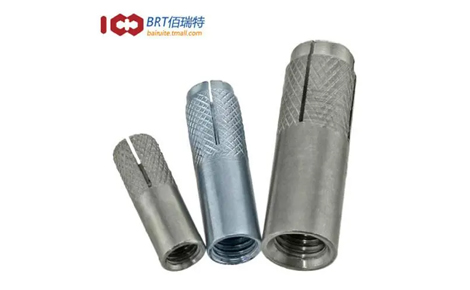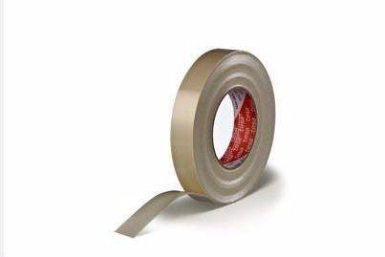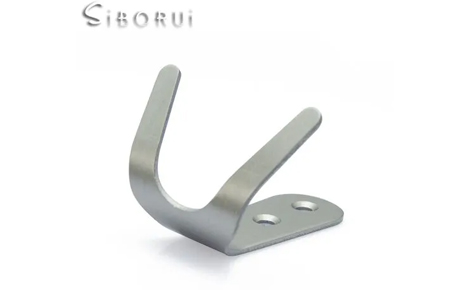
1个回答
Screw, the English Word

When it comes to mechanical devices and construction, one word that often comes to mind is "screw." This simple yet essential tool has revolutionized various industries and has become an integral part of our everyday lives. But have you ever wondered about the origin and significance of the English word "screw"?
The English word "screw" is derived from the Old French word "escroue," meaning "nut, cylindrical metal fastening." This Old French word, in turn, is believed to have originated from the Latin word "scrofa," meaning "sow" or "female pig." The connection between a female pig and a cylindrical metal fastening may seem obscure, but it becomes clearer when we look at the shape of a screw.
A screw is a cylindrical metal rod with a helical ridge, known as threads, running along its length. When you rotate the screw, it moves forward or backward, depending on the direction of rotation. This mechanism is similar to how a pig's snout moves when it digs into the ground. The snout of a pig has a spiral shape, allowing it to easily penetrate the soil. This resemblance between the shape of a screw and a pig's snout is believed to be the reason behind the word "screw" being associated with the Latin word "scrofa."
The English word "screw" first appeared in the English language in the late 14th century. At that time, it referred to a cylindrical metal fastening used to hold objects together. Over the centuries, screws have evolved and diversified, leading to various types and sizes to suit different applications. Today, screws come in different forms, including wood screws, machine screws, self-tapping screws, and many more.
The importance of screws in our daily lives cannot be overstated. They are used in countless applications, ranging from assembling furniture and fixing household appliances to constructing buildings and manufacturing machinery. Screws provide a secure and reliable method of joining materials together, ensuring structural integrity and stability.
In addition to their practical applications, screws have also found their way into various idioms and expressions in the English language. For example, the phrase "tighten the screws" means to increase pressure or control on someone or something. This expression metaphorically refers to the act of tightening a screw to make it more secure. Similarly, the phrase "to have a screw loose" is used to describe someone who is mentally unstable or eccentric. This expression suggests that a loose screw in a mechanical device can cause it to malfunction, just as a person with a loose screw in their mind may exhibit erratic behavior.
In conclusion, the English word "screw" has a fascinating origin and holds significant importance in our everyday lives. Derived from the Old French word "escroue," which traces back to the Latin word "scrofa," the word "screw" is associated with the spiral shape of a pig's snout. This connection is evident in the shape of a screw, which features helical threads. From its humble beginnings, the screw has evolved into a versatile tool used in numerous applications. Its reliability and strength make it an indispensable part of various industries. So, the next time you encounter a screw, take a moment to appreciate its history and the impact it has had on our world.


 扫一扫关注品牌网
扫一扫关注品牌网


 浏览(94)
浏览(94)

 赞(0)
赞(0) 分享
分享 举报
举报




















